By Joan Plisko, Community Sustainability Director, Pearlstone
Journey to a More Sustainable Passover
Passover is a joyous time to celebrate with friends, family, and new acquaintances. Here are some suggestions for weaving earth friendly practices and discussion topics into your Seder.
Buy Ugly Produce
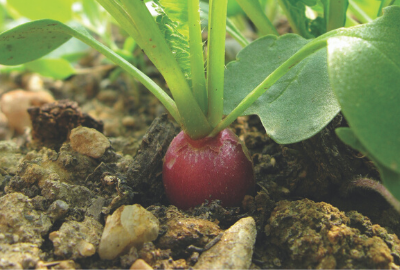
Did you know that 20% of all food never leaves the farm? While it tastes the same as all the other produce, if certain fruits and vegetables do not conform to consumer expectations of “beautiful,” it is hard for farmers to sell. Beauty is only skin deep so showcase the “least perfect” carrots, apples, and other fruits and veggies at your seder.
Discuss: Where does the food on this table come from? How did it get to the table? Who grew it? Is our meal more similar or dissimilar to the Jews leaving Egypt? In what way?
Host a Plastic Free Seder
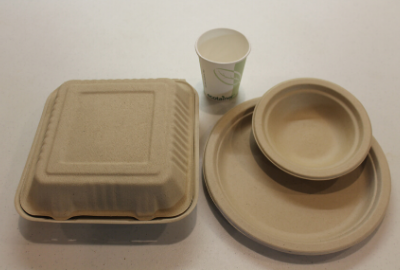
Forget the single use plastic plates and utensils. Use or invest in reusable plates. Whether made of glass, bamboo, or another long-lasting material, purchase service ware for the long run.
Discuss: If our stuff was built to last and we rarely threw anything away, how would our world look?If you had to leave your home on a moment’s notice, like the Jews fleeing Egypt,what would you bring with you?
Grow Your Own Karpas
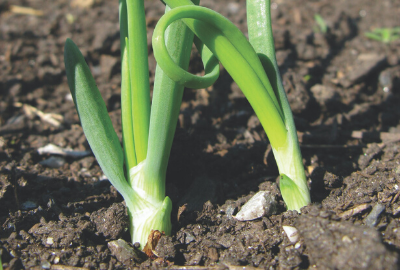
You can grow your own micro sprouts in three to seven days to use as Karpas. Sprouts are at their best when they’re still relatively small and just starting to turn green. Some examples are alfalfa, broccoli seeds, red clover seeds, pumpkin seeds, sunflower seeds and chia seeds.
Discuss: What would it look like if we grew more of our own food? Did you know that one in eight Americans are food insecure? How can you help feed all who are hungry?
Give Earth Friendly Afikomen Gifts
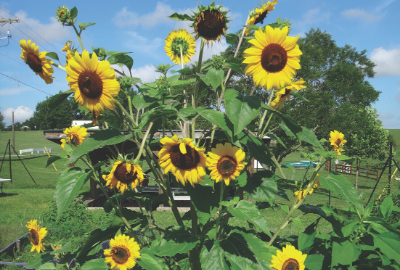
Ditch the plastic toys and games that often break or end up in the landfill after two months. Provide gifts that encourage children to spend time in nature. Gifts may be herbs, plants, or seeds or fun books about trees, birds or animals.
Discuss: Being in nature is good for our health. When we unplug and spend time in green spaces, we activate all of our senses. How were the Jewish people leaving Egypt in tune with the natural world around them? How can you become more connected to the natural world?
Integrate the Plagues of Climate Change
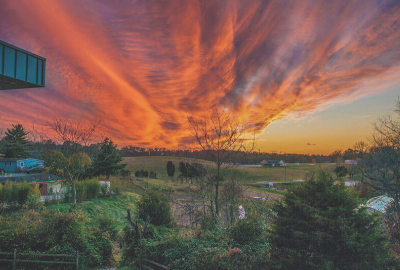
We are seeing the effects of climate change and they seem awfully similar to some of the plagues described in the Haggadah. For example, global temperatures are on the rise, the seas are rising, glaciers are retreating and droughts and heat waves are increasing.
With these changes, we are experiencing:
- More air pollution
- Increase in allergens
- More wildfires and smoke
- Increase in diseases carried by fleas, ticks, and mosquitoes
- High levels of anxiety and post-traumatic stress disorder
- Heavy rainfall, flooding, and droughts
- Extreme temperature changes
Discuss: What organizations can you connect with to practice Tikkun Olam (repair the world) to alleviate environmental problems? Does your synagogue or community include environmental issues in their social justice work? Are you a member of the Pearlstone Sustainability Coalition?
Contact Joan Plisko, jplisko@pearlstonecenter.org, Community Sustainability Director at Pearlstone for more suggestions!
Subscribe to our newsletter
The Associated is a home for everyone in the Baltimore Jewish community. We offer several email lists to help people find a community, engage with their peers and support Jewish journeys around the world.
Join Our Mailing ListAdd Impact to Your Inbox
Sign up for our newsletter
Subscribe to our newsletter
The Associated is a home for everyone in the Baltimore Jewish community. We offer several email lists to help people find a community, engage with their peers and support Jewish journeys around the world.
Join Our Mailing List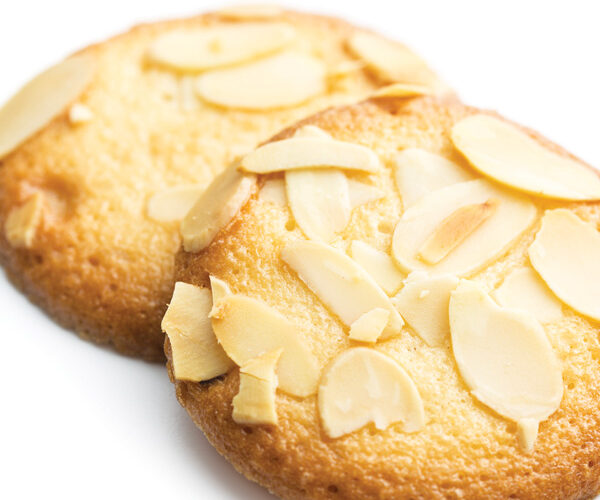
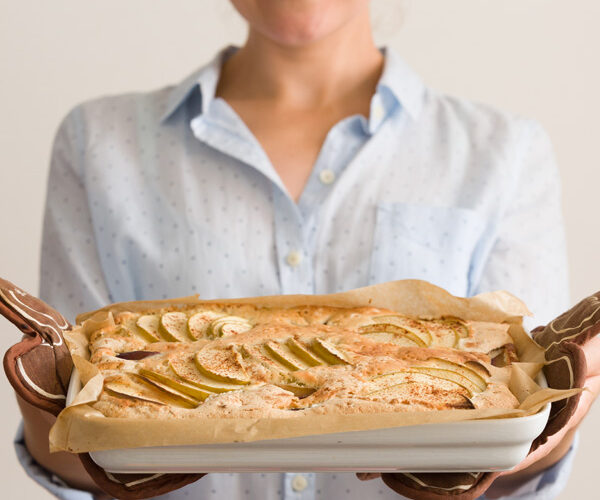
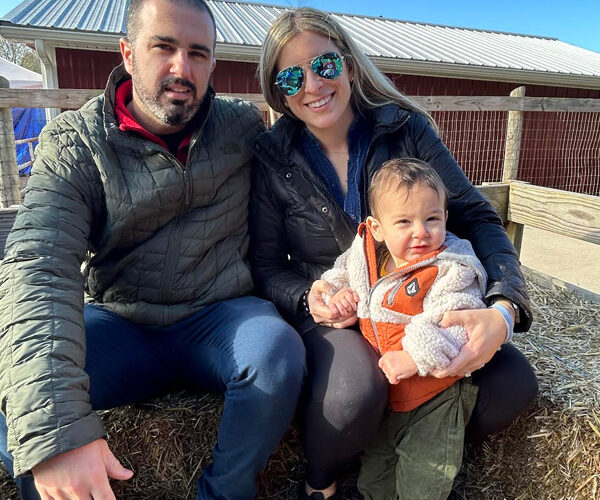

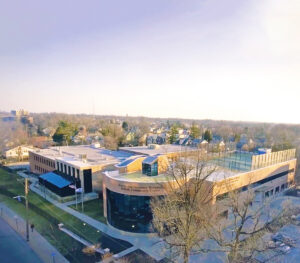
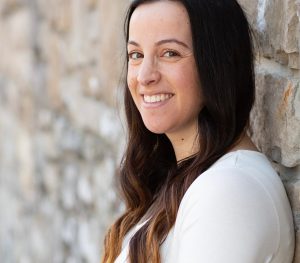

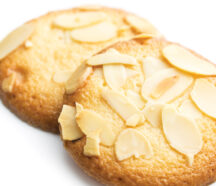
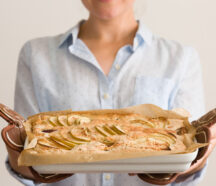
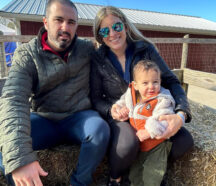
 Please Wait while we loading your video.
Please Wait while we loading your video.